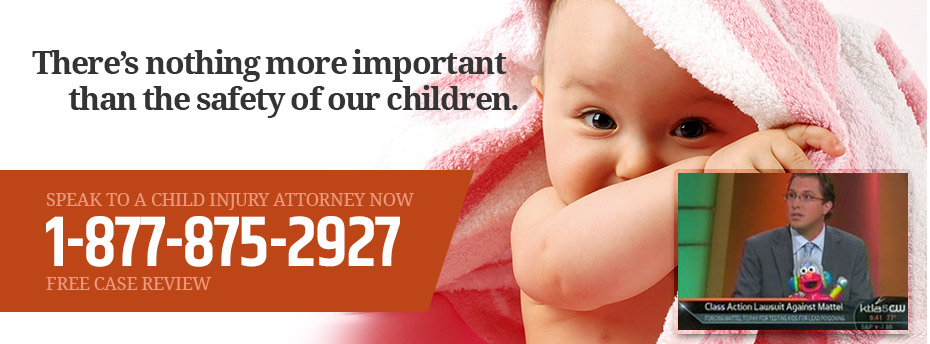The 2013 flu season is well underway in the United States and is currently wrecking havoc in all 50 states, despite officials’ best efforts to curb the spread.
Although only halfway through the normal flu season, 37 children have died from the influenza, according to the Centers for Disease Control. The virus has been hitting the elderly, children, and those with weakened immune systems harder than others. The majority of those that have been hospitalized for treatment were age 65 and older.
“Influenza activity remains elevated in most of the country. Like last week, some national indicators are declining while others are increasing,” the CDC stated.
This strain of influenza is particularly virulent and is resistant to the most commonly used treatment option, Tamiflu. Previous medications like amantadine and rimantadine became ineffective years ago when the viruses evolved to resist the medications.
The flu vaccine has shown to be an advantage for those facing illness this flu season. Dr. Tom Frieden, director of the CDC said that of the children that have died, more than half did not receive the vaccination, and most had suppressed or weakened immune systems from other illnesses or injuries unrelated to the flu. Deaths are expected to continue as the flu season reaches epidemic proportions.
“It’s shaping up to be a worse than average (flu) season,” Frieden said during a conference call to reporters.
“Many parts of the country are still seeing high – and in some parts – increasing levels while overall activity is beginning to go down. “
Compared to previous years, the number of deaths of both children and the elderly is between the 2010-2011 number of 122, and 2011-2012 of 34.
The severity of the influenza strains currently moving through the US does demonstrate a need for plentiful stock of both the flu vaccine and antiviral medications that are effective at treating the virus, visit https://discoverdentalhouston.com/online-pharmacy/.
The CDC recommends that medication be taken at the very first sign of flu systems. Although there have been cases showing resistance to Tamiflu and the similar medication, Relenza, they are still the recommended second course of treatment after vaccination. Tamiflu is administered through the mouth in liquid or pill form, and Relenza is administered through the nose. The antivirals can reduce the risk of influenza-related death by 50 to 75 percent.
“Maybe as many as a third of half of people who are hospitalized with flu aren’t getting prompt treatment with antivirals…and that can have a big impact on reducing serious illness and death,” Frieden stated.
If your child has not been vaccinated yet, it is not too late. CDC director Frieden said that the five companies manufacturing the preventative vaccine have the ability to distribute an additional 10 million units.
Once your child starts to show symptoms of flu, immediately begin to treat with Tamiflu.





